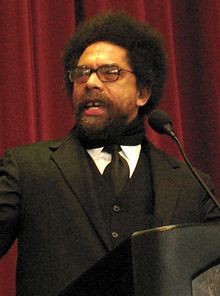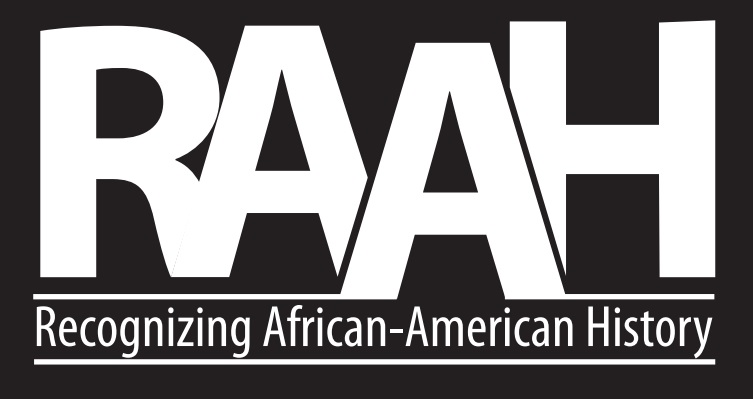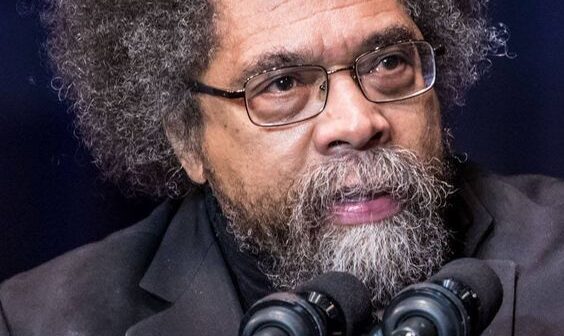
Cornel Ronald West is an American philosopher, political activist, social critic, author, and public intellectual. The son of a Baptist minister, West focuses on the role of race, gender, and class in American society and the means by which people act and react to their “radical conditionedness.” A radical democratic socialist, West draws intellectual contributions from multiple traditions, including Christianity, the black church, Marxism, neopragmatism, and transcendentalism. Among his most influential books are Race Matters (1994) and Democracy Matters (2004).
West is an outspoken voice in American leftist politics, and as such has been critical of members of the Democratic Party, including former President Barack Obama and Hillary Clinton. He has held professorships at Harvard University, Princeton University, Yale University, Pepperdine University, Union Theological Seminary, and the University of Paris during his career. He is also a frequent commentator on politics and social issues in many media outlets.
From 2010 through 2013, West co-hosted a radio program with Tavis Smiley, called Smiley and West. He has also been featured in several documentaries, and made appearances in Hollywood films such as The Matrix Reloaded and The Matrix Revolutions, providing commentary for both films. West has also made several spoken word and hip hop albums, and due to his work, has been named MTV’s Artist of the Week. He has also been portrayed on Saturday Night Live by Kenan Thompson.
In his late-20s, he returned to Harvard as a W. E. B. Du Bois Fellow before becoming an assistant professor at Union Theological Seminary in the City of New York. In 1984, he went to Yale Divinity School in what eventually became a joint appointment in American Studies. While at Yale, he participated in campus protests for a clerical labor union and divestment from apartheid South Africa.
One of the protests resulted in his being arrested and jailed. As punishment, the University administration canceled his leave for the spring term in 1987, leading him to commute from Yale in New Haven, Connecticut, where he was teaching two classes, across the Atlantic Ocean to the University of Paris.
He then returned to Union Theological Seminary for one year before going to Princeton to become a professor of religion and director of the Program in African-American Studies from 1988 to 1994. After Princeton, he accepted an appointment as professor of African-American studies at Harvard University, with a joint appointment at the Harvard Divinity School. West taught one of the University’s most popular courses, an introductory class on African-American studies.
In 1998, he was appointed the first Alphonse Fletcher University Professor. West utilized this new position to teach in not only African-American studies, but also in divinity, religion, and philosophy. West left Harvard after a widely publicized dispute with then-President Lawrence Summers in 2002.
That year, West returned to Princeton, where he helped create “one of the world’s leading centers for African-American studies” according to Shirley Tilghman, Princeton’s president in 2011. In 2012, West left Princeton and returned to the institution where he began his teaching career, Union Theological Seminary. His departure from Princeton, unlike his departure from Harvard, was quite amicable. As of 2017, he continues to teach occasional courses at Princeton in an emeritus capacity as the Class of 1943 University Professor in the Center for African American Studies.
The recipient of more than 20 honorary degrees and an American Book Award, he has written or contributed to over twenty published books. West is a long-time member of the Democratic Socialists of America, for which he now serves as an honorary chair. He is also a co-founder of the Network of Spiritual Progressives. West is on the advisory board of the International Bridges to Justice.
In 2008, he received a special recognition from the World Cultural Council.
West is also a member of Alpha Phi Alpha fraternity and its World Policy Council, a think tank whose purpose is to expand Alpha Phi Alpha’s involvement in politics and social and current policy to encompass international concerns.
In 1995, The New Republic literary editor Leon Wieseltier charged him with opportunism, crass showmanship, and lack of scholarly seriousness. Wieseltier specifically dismissed West’s books as “almost completely worthless” because, he said, they are “noisy, tedious, slippery … sectarian, humorless, pedantic and self-endeared.” Nonetheless, West remains a widely cited scholar in the popular press.
In November 2016, Harvard announced that West would be leaving Union Theological Seminary to hold a joint nontenured appointment at the Harvard Divinity School and the Harvard Department of African and African-American Studies as Professor of the Practice of Public Philosophy.




